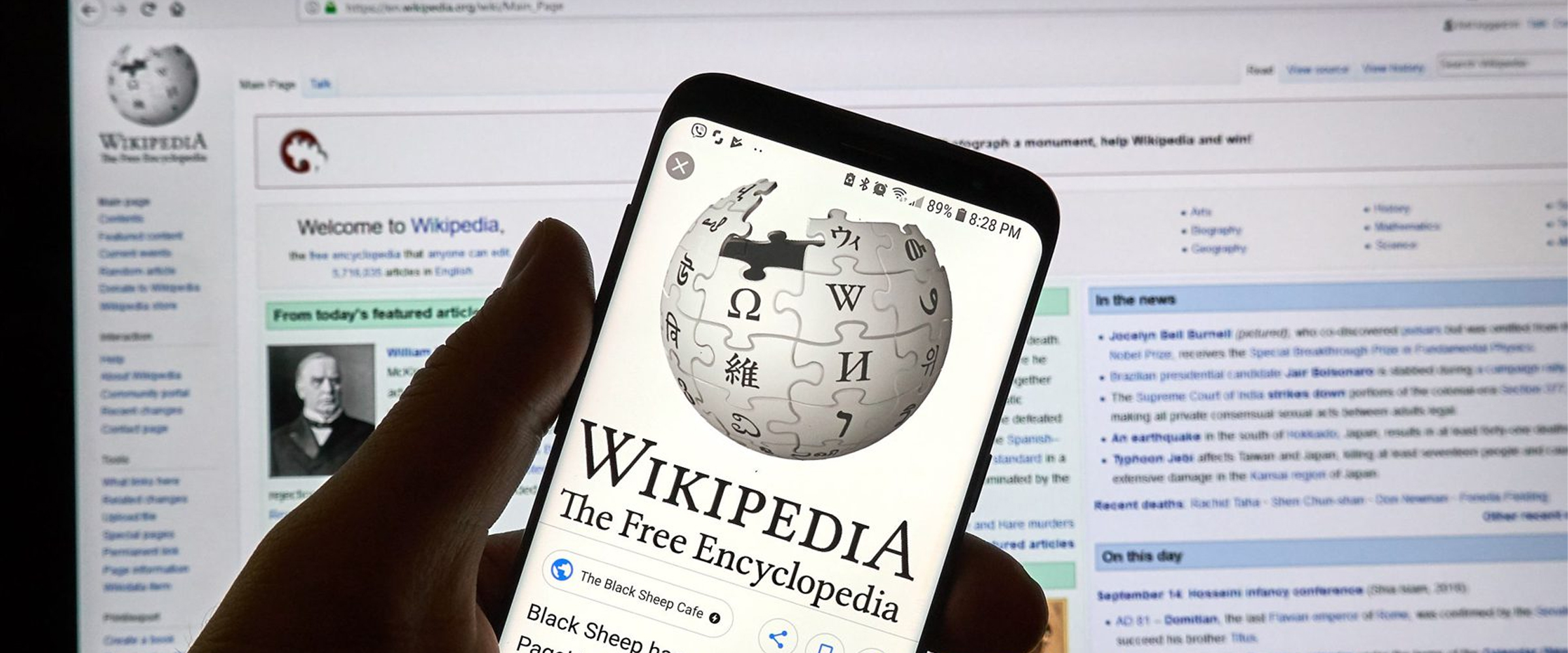The Wikipedia page is such a powerful aid to translators that most of us refuse to admit that we are too dependent on it – partly because, as everyone knows, Wikipedia is notorious for its accuracy. However, a surprisingly large number of translators do not know that the Wikimedia Foundation (the organization that runs Wikipedia) also owns a few collaborative projects on exchanging, contributing and editing information that are also extremely useful and enlightening. Projects like Wiktionary, Wikiquote, Wikibooks, Wikisource, Wikimedia Commons, Wikispecies, Wikinews, Wikiversity, and Wikimedia Incubator can come in handy when you need to quickly look up something while translating. Let’s find out together!
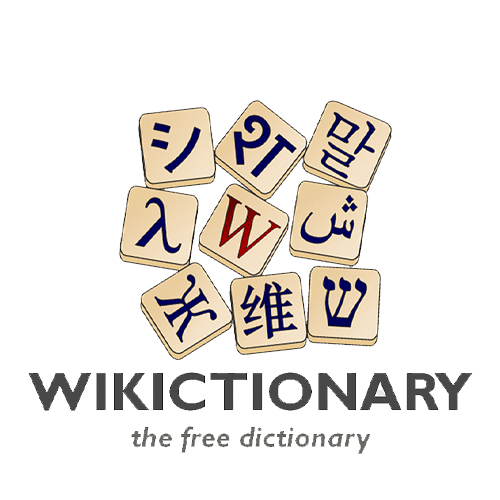
Wiktionary
Wiktionary (a compound of wiki and dictionary) is a multilingual website-based project that creates a dictionary with free content – what’s more, it integrates with a huge language repository (the website itself says 158 languages). Unlike the formal dictionary, and in line with other wiki projects, Wiktionary is written by volunteers, using wiki software that allows anyone to edit articles. Suggestion: Just like when working with other wiki sources, try searching for information in a certain language and then clicking on another language (below the toolbar on the left) to look up information in different languages.
Go to Wiktionary

Wikiquote
In short, Wikiquote’s purpose is to provide a treasure trove of quotes from great people, movies, classic books, and proverbs. Of course, there are already numerous online collections of such quotes, but Wikiquote proves to be different when it comes to providing its users with a fantastic opportunity to contribute information.
Go to Wikiquote.

Wikibooks
Wikibooks (formerly known as Wikimedia Free Textbook Project and Wikimedia-Textbooks) builds a library of free textbooks and annotated texts.
Go to Wikibooks
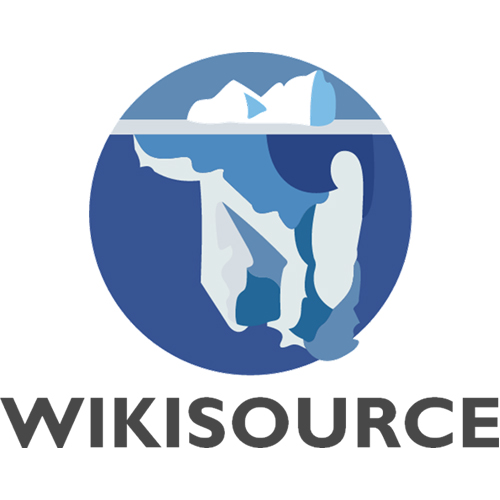
Wikisource
Wikisource is an online electronic library of free text resources. Its purpose is to store any form of text for free – in multiple languages. Originally conceived as an archive of useful or important historical texts, it later expanded into an encyclopedic library.
Go to Wikisource
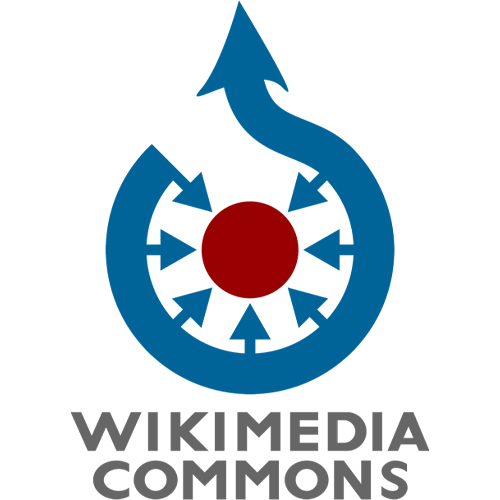
Wikimedia Commons
Wikimedia Commons (or abbreviated as Commons), in short, is a means of storing images, audio, and other media files online and for free.
Go to Wikimedia Commons

Wikispecies
Wikispecies aims to create a free and comprehensive list of all discovered flora and fauna. Unlike other wikis, Wikispecies is developed by scientists, not the community. Jimmy Wales, co-founder and Chair emeritus of the Wikimedia Foundation, said that postings here must be censored by a technical reader.
Go to Wikispecies

Wikinews
Wikinews is a free source of information, working on the principles of collaborative journalism. According to Wales, the difference between Wikinews and Wikipedia is that “on Wikinews, each story is to be written as a news story as opposed to an encyclopedia article.” Unlike other projects within the Wikimedia Foundation, Wikinews facilitates original works in the form of original news articles and interviews. According to Thelwall et al., Wikinews has been most successful at reporting large amounts of news on high-profile events such as Hurricane Katrina and the Virginia Tech shooting, events for which on-site current coverage or exclusive newscasts play a large role in news coverage, and the events where rich coverage sets the value of the central “information distributor”.
Go to Wikinews

Wikiversity
Wikiversity supports learning communities, their learning materials, and resulting activities. It differs from more structured projects like Wikipedia by offering tutorials or courses to promote learning rather than formal learning content.
Go to Wikiversity
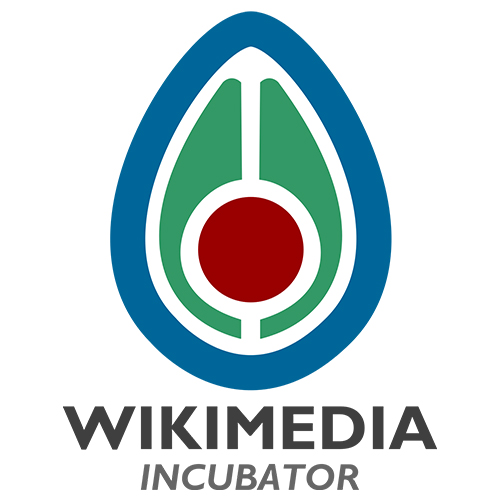
Wikimedia Incubator
The Wikimedia Incubator is where potential new language versions of projects within the Wikimedia Foundation (Wikipedia, Wiktionary, Wikibooks, Wikiquote, Wikinews, Wikisource, and Wikiversity, etc.) get their own pages for editing.
Go to Wikimedia Incubator
Do you find yourself unable to translate without one of the above sources? What are those sources and how do you use them?
